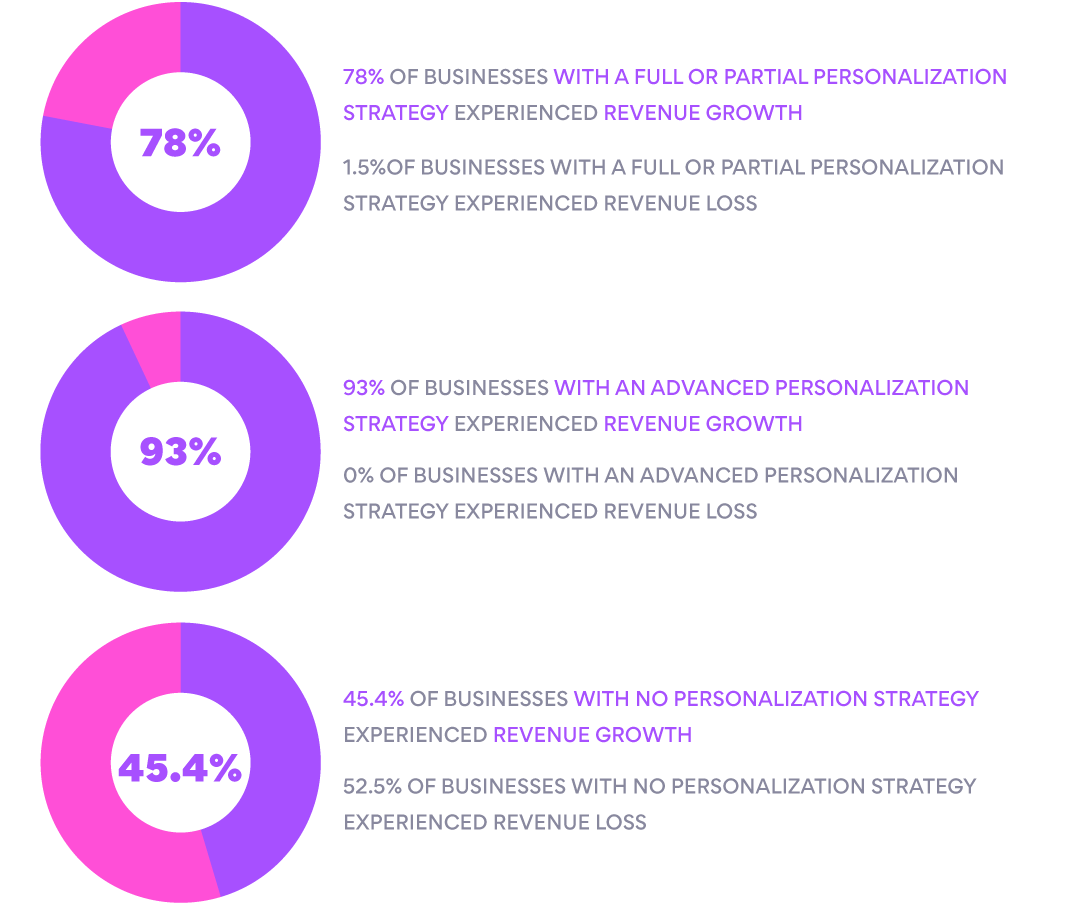How Artificial Intelligence is Shaping the Future of Digital Marketing is becoming more relevant as businesses increasingly leverage AI technologies to enhance their marketing strategies. With the vast amount of data generated daily, AI empowers marketers to analyze consumer behavior, predict trends, and personalize experiences like never before. This intersection of technology and creativity promises to revolutionize how brands connect with their audiences.
As we dive into this topic, we’ll explore the various ways AI is influencing digital marketing, from automating tasks to enhancing customer engagement. By examining current trends and innovative applications, we can better understand how AI is set to transform the landscape of marketing in the years to come.
In today’s fast-paced world, the concept of sustainable living has gained immense popularity and urgency. As our planet faces significant challenges such as climate change, pollution, and resource depletion, individuals and communities are increasingly turning toward more eco-friendly lifestyles. This article explores the importance of sustainable living, practical steps to incorporate it into daily life, and the collective impact of these efforts on our environment.### Understanding Sustainable LivingSustainable living refers to a lifestyle that aims to reduce an individual’s or society’s use of the Earth’s natural resources and personal resources.
This approach not only focuses on minimizing harm to the environment but also emphasizes the well-being of individuals and communities. At its core, sustainable living is about making choices that contribute to the health of our planet and its inhabitants for generations to come.The urgency of adopting sustainable practices cannot be overstated. The consequences of neglecting our environment are becoming more evident every day, from extreme weather patterns and rising sea levels to the extinction of various species.
By embracing sustainable living, we can mitigate these impacts and work towards a healthier planet.### Benefits of Sustainable Living
1. Environmental Protection
One of the most significant advantages of sustainable living is its positive impact on the environment. By reducing waste, conserving energy, and utilizing renewable resources, individuals can help preserve ecosystems and biodiversity. This contributes to cleaner air, water, and soil, all of which are essential for a healthy planet.
2. Economic Savings
Contrary to the belief that sustainable living can be expensive, many eco-friendly practices actually lead to cost savings. For instance, using energy-efficient appliances, reducing water consumption, and minimizing waste can lower utility bills. Additionally, buying in bulk and choosing locally sourced products can lead to significant savings over time.
3. Enhanced Quality of Life
Sustainable living often promotes a healthier lifestyle. Growing your own food or purchasing from local farmers ensures fresher produce, rich in nutrients. Moreover, being mindful of consumption can lead to a decluttered and stress-free home environment. Activities like walking, cycling, or engaging in community gardens foster physical health and social connections.
4. Community Building
Embracing sustainable practices often encourages community engagement. Whether it’s participating in local clean-up efforts, community gardens, or sustainability workshops, these activities help foster a sense of belonging and shared responsibility. Communities that work together towards sustainability can create lasting change and inspire others to join the movement.### Practical Steps Towards Sustainable LivingTransitioning to a more sustainable lifestyle may seem daunting, but it can be achieved through small, manageable steps.
Here are some practical ways to incorporate sustainability into your daily routine: Reduce, Reuse, Recycle: The three R’s are fundamental principles of sustainability. Start by reducing waste—this can involve simple actions like bringing reusable bags to the grocery store or saying no to single-use plastics. Reuse items whenever possible, and recycle materials according to your local guidelines. This minimizes landfill waste and conserves resources.
2. Conserve Energy
Being mindful of energy consumption is vital. Use energy-efficient appliances, switch to LED light bulbs, and unplug devices when they’re not in use. Consider investing in renewable energy sources, such as solar panels, which can significantly reduce your carbon footprint.
3. Opt for Sustainable Transportation
If possible, choose walking, biking, or public transportation over driving. For longer distances, consider carpooling or exploring electric or hybrid vehicles. Reducing reliance on fossil fuels not only lowers greenhouse gas emissions but also promotes healthier lifestyles.
4. Support Local and Sustainable Businesses
When shopping, prioritize local farmers, artisans, and businesses that practice sustainability. This helps reduce the carbon footprint associated with transportation and supports your local economy. Additionally, consider purchasing products made from recycled materials or those that are sustainably sourced.
5. Grow Your Own Food
If you have the space, start a small garden. Growing your own fruits and vegetables not only eliminates the need for plastic packaging but also ensures that you’re consuming fresh, chemical-free produce. Even if you live in an apartment, herbs and small plants can be grown in pots or containers.
6. Educate Yourself and Others
Knowledge is power. Take the time to educate yourself about sustainability issues and solutions. Share this knowledge with your family and friends. The more people who understand the importance of sustainable living, the larger the impact we can collectively make.
7. Practice Mindful Consumption

Consider your purchases carefully. Ask yourself if you really need a product before buying it. Opt for quality over quantity and choose items that are durable and timeless. This approach not only reduces waste but also promotes a more intentional lifestyle.### The Collective Impact of Individual ActionsWhile individual actions are crucial, the collective impact of many people adopting sustainable practices can lead to significant changes.
When communities come together to embrace sustainability, they can influence local policies, encourage businesses to adopt greener practices, and inspire others beyond their immediate circles.Moreover, the global nature of many environmental issues means that local changes can have ripple effects worldwide. By participating in sustainability initiatives, you contribute to a larger movement that advocates for environmental justice and climate action on a global scale.### ConclusionIn conclusion, sustainable living is not merely a trend; it’s a necessary shift towards ensuring the health of our planet and future generations.
By understanding the importance of sustainability and taking practical steps to incorporate it into our daily lives, we can create a positive impact both individually and as a community. Every small action counts, and together, we can pave the way for a more sustainable world. Embracing sustainable living is about making conscious choices that benefit not just ourselves, but the Earth we all share.
Let’s take the steps today that will lead to a brighter, greener tomorrow.



